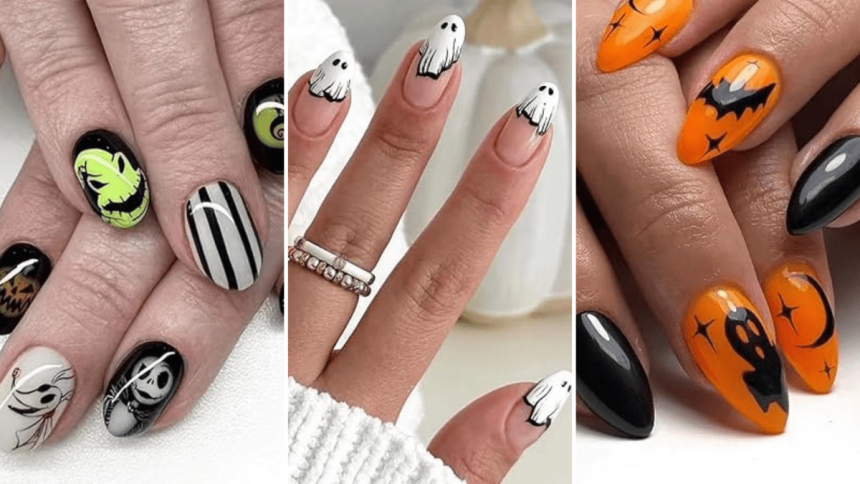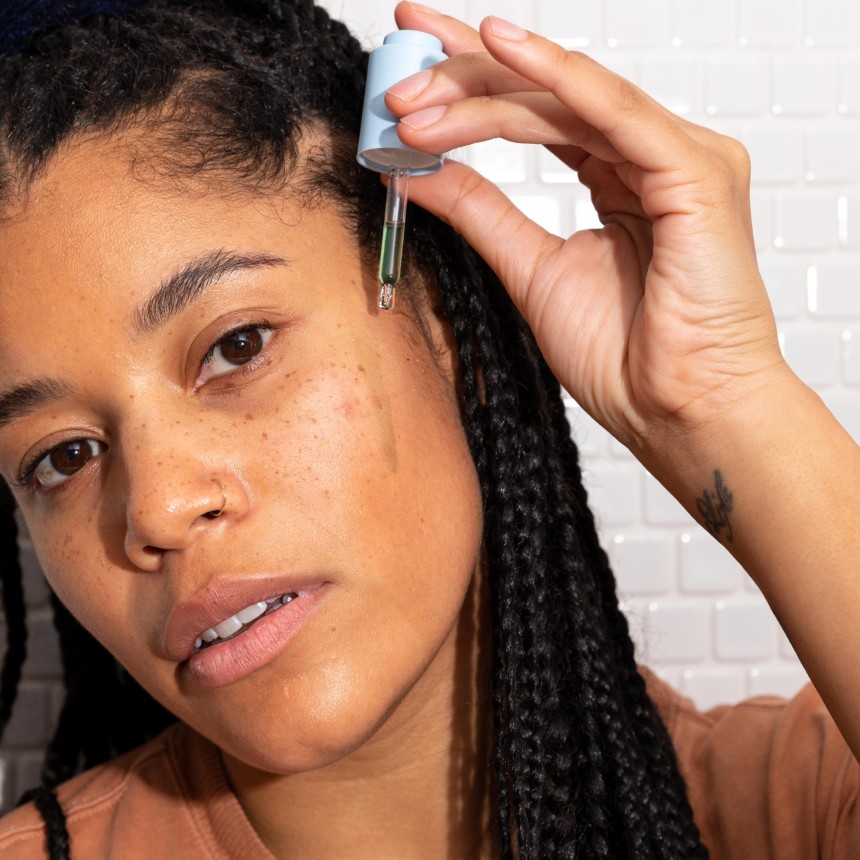
Unlocking Clear Skin: The Practical Guide to Acne Treatment with Retinol
Acne is indifferent to your identity. It arrives without warning, lingers longer than it should, and frequently leaves behind a small memento in the shape of dark patches, scars, or redness. This skin issue is irksomely common, regardless of your age—teenagers, twenties, or far past the point at which you believed acne would go away.
The good news? Retinol is more than just a popular anti-aging substance for wrinkles and fine lines. It is also an effective weapon in your acne treatment toolbox. In fact, if applied correctly, it can help you go from breakout-prone to glow-up queen (or king). How does it actually operate, then? Let us put it all in terms that are truly human.
Does Retinol Help Acne?
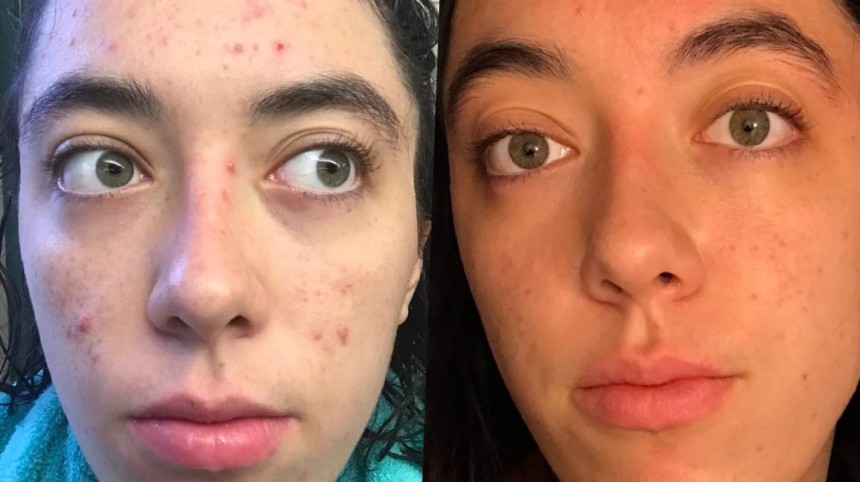
In short: absolutely. Usually, oil, dirt, and dead skin cells clog pores, causing acne. A significant player in this barrier is keratinocytes—those sticky skin cells that don’t shed as easily as they should. By removing those obstinate plugs before they may wreak havoc, retinol aids normalize their shedding process.
The founder of RenewMD Beauty and Wellness Spa, Dr. Simran Sethi, claims that retinol functions by preventing these cells from clumping together abnormally. By effectively telling your skin to quit storing dead cells like a squirrel in the winter, it reduces the likelihood of clogged pores.
Better still? There are anti-inflammatory properties to retinol. Thus, in addition to preventing outbreaks,Additionally, it helps calm the deep, cystic monsters of acne that appear just before a significant event.
Retinol's Main Advantages for Acne
1. Reduces Inflammation: Retinol helps decrease the immune system's reactivity to germs that cause acne by blocking inflammatory pathways.
2. Controls Oil Production: Retinoids have the ability to attach to oil glands and instruct them to relax, which lessens greasy shine and avoids blockages in the future.
3. Accelerates Cell Turnover: This promotes quicker healing of existing pimples and creates space for healthier, newer skin beneath them.
4. Diminishes Scars and Discoloration: Retinol also helps to smooth and brighten areas impacted by post-acne marks by promoting skin renewal.
When Can You Expect to See Results?
The truth is that retinol is not a panacea that appears suddenly. As a matter of fact, things may worsen before improving. Dermatologists refer to this process of buried filth rising to the surface as "purging." Things become disorganized before they shine, much as when you clean out your garage.
Real effects should be noticeable in 8–12 weeks, with significant progress expected in 3–6 months. Here, consistency and patience are your best allies.
Cystic Acne: What About It?
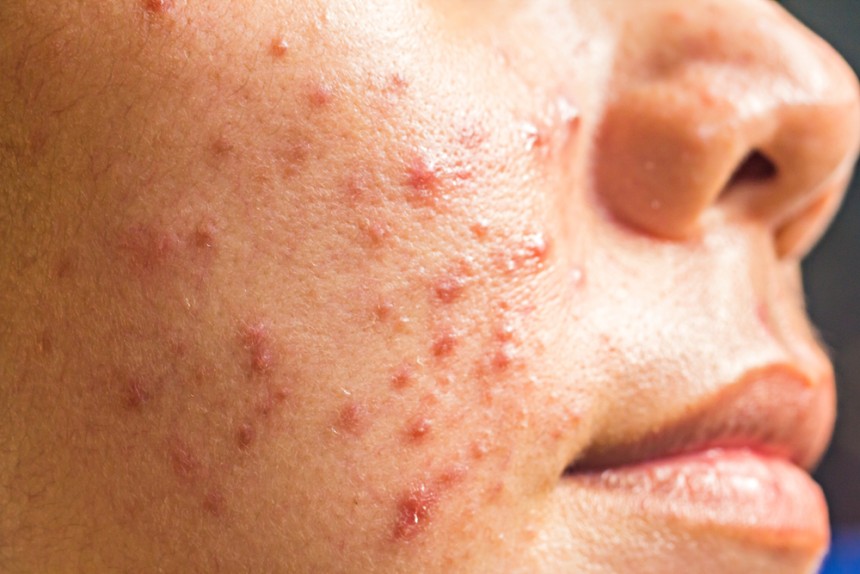
These deep, painful pimples are more difficult to get rid of and frequently require prescription medications. Consider: more potent retinoids, oral drugs such as isotretinoin, or a customized regimen from your dermatologist. Do not attempt to do this on your own without expert assistance.
Can You Combine Retinol with Other Ingredients to Treat Acne?
It is difficult, but you can. The cheat sheet is as follows:
Salicylic Acid: Use one in the morning and one at night, or switch up the days. Irritation City is the result of combining them immediately.
Acid Glycolic: The same as previously. The easiest way to prevent over-exfoliation is to use it alternately.
The best friend of retinol is niacinamide. They complement one another and even fit within the same routine.
How to Apply Retinol Without Causing Skin Damage
Begin slowly. Once or twice a week, at night, use a pea-sized amount. Work your way up to nightly, then every other night. Always use a soothing, thick moisturizer afterward.
To get you started, try this easy PM routine:
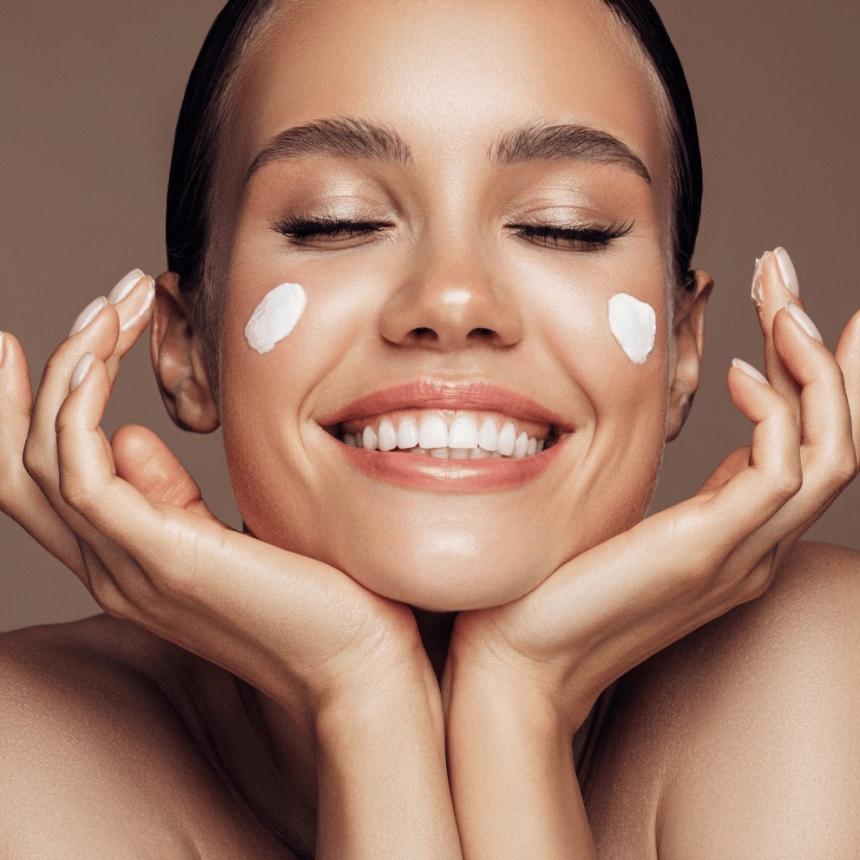
mild cleanser
Eye cream (useful but optional)
Pea-sized, uniformly applied retinol
Apply a moisturizer (or use the sandwich approach: retinol, moisturizer, moisturizer).
Retinol degrades in the sun and can increase your skin's sensitivity to UV radiation, so avoid using it in the morning. The following day, SPF cannot be negotiated.
Concluding remarks
Retinol is supported by research and experience, so it is not just hype. It can genuinely improve the resilience, clarity, and smoothness of acne-prone skin. Patience, consistency, and paying attention to your skin are crucial.
Retinol could be your skin's new secret weapon, regardless of whether you are battling with bothersome blackheads or severe flare-ups of cystic acne. Just take your time, choose your partners carefully, and always wear sunscreen to protect your skin.


